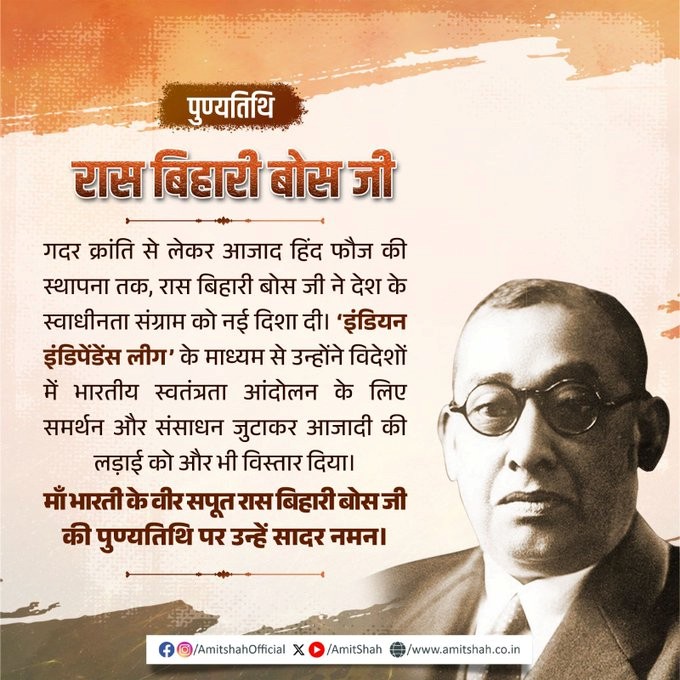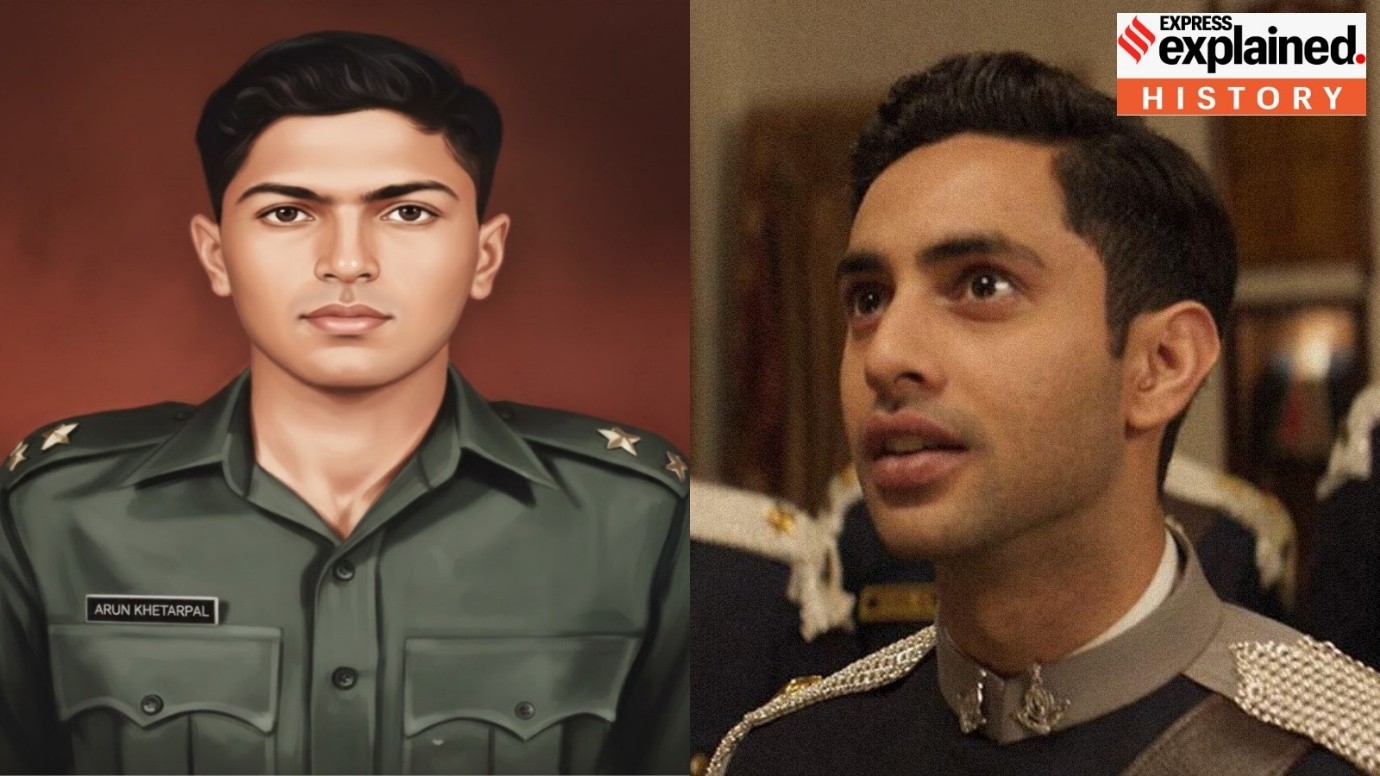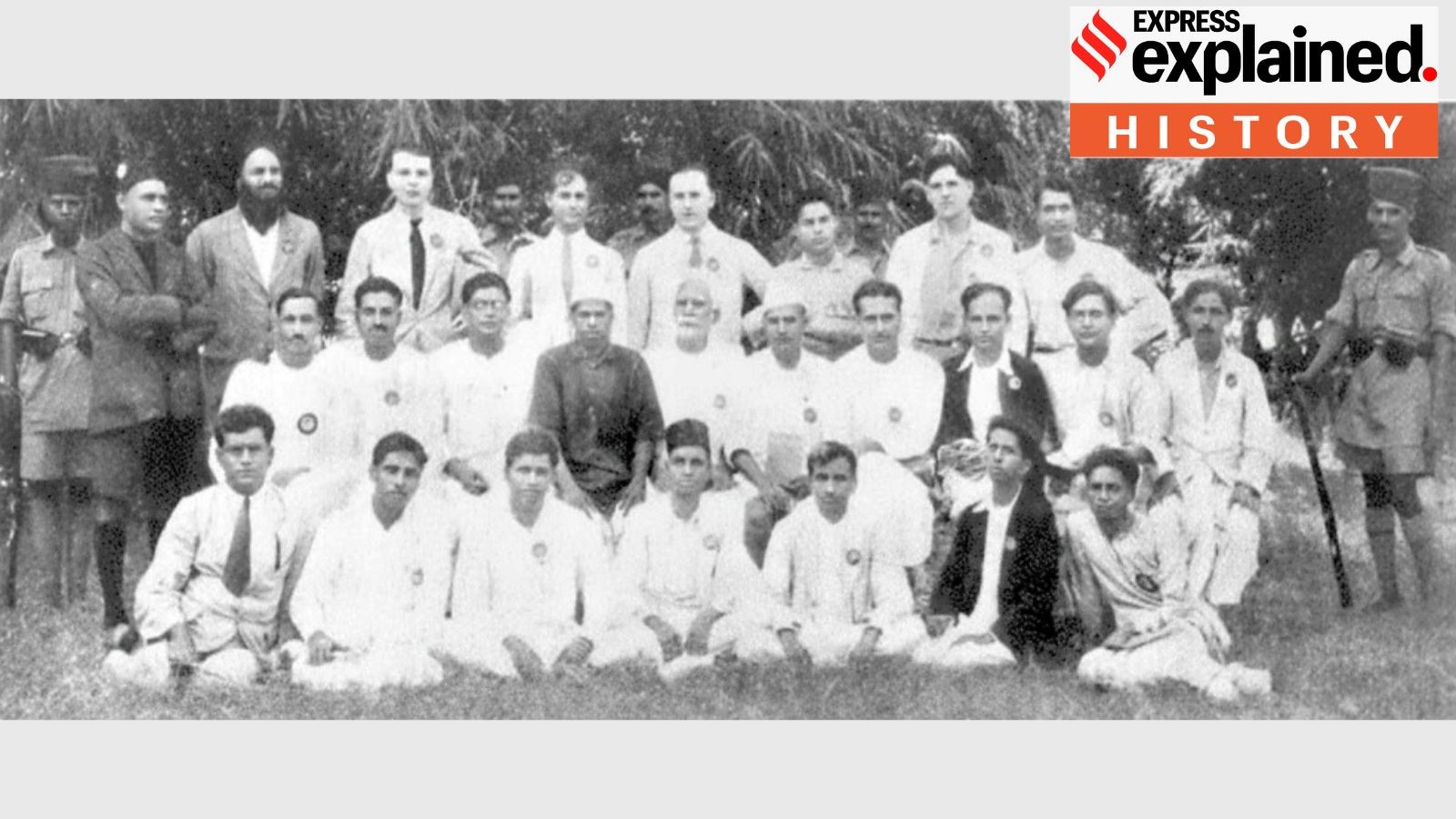



The phrase or slogan "Never again" is related to the lessons learnt from the Holocaust and other genocides. Liberated prisoners from the Buchenwald concentration camp adopted the slogan to protest Nazism. It was used by Meir Kahane, founder of the Jewish Defence League, in his 1971 book Never Again! A Survival Program.

Copyright infringement not intended
As the world faces geopolitical concerns, Europeans commemorate the 80th anniversary of Victory in Europe (VE) Day, which marks the end of World War II.
Victory in Europe Day commemorates the formal recognition by the Allies of World War II of Germany's unconditional surrender of its armed forces on Tuesday, May 8, 1945, marking the official end of all German military activities.
Most former Soviet republics, as well as some others, commemorate on May 9, as Germany's unconditional surrender took effect at 23:01 on May 8, Central European Summer Time, which corresponded to 00:01 on May 9, Moscow Time.
|
Russia |
Western Europe |
|
|
Commemoration Date |
May 9 |
May 8 |
|
Reason for Different Dates |
Stalin demanded a second surrender signing in Berlin. |
German surrender on May 7, 1945, was accepted on May 8, 1945. |
|
Focus of Commemoration |
Emphasizes Soviet military losses and contributions. |
Marks the end of World War II in Europe. |
|
Soviet Military Losses |
26 million Soviet casualties, including 11 million military deaths. |
N/A |
|
Controversy |
Delayed second-front opening by the USSR and initial alliance with Nazi Germany. |
N/A |
Russia's Victory Day has evolved into a major military spectacle, reflecting current global tensions, particularly following its invasion of Ukraine. This year's parade is even more significant because it includes international leaders such as China's President Xi Jinping. Meanwhile, Western Europe focuses on solemn memory.
|
Marshall Plan: The Marshall Plan, introduced in 1948, was a U.S. initiative to aid Western Europe's recovery after World War II, providing financial support for rebuilding economies and preventing the spread of communism. The plan helped stabilize European nations and fostered economic growth, strengthening political ties between the U.S. and Europe. NATO (North Atlantic Treaty Organization): Founded in 1949, NATO is a military alliance between North American and European countries aimed at collective defense against common threats. The organization’s principle of mutual defense, outlined in Article 5, has made it a cornerstone of international security and cooperation throughout the Cold War and beyond. |
|
Commemoration Gaps |
VE Day often overlooks the contributions of colonised peoples (Asia, Africa, Caribbean) in WWII. |
|
Global Impact of WWII |
WWII was a global conflict, a clash of empires, affecting millions beyond Europe. |
|
Insularity of Western Narratives |
Western-centric narratives foster historical amnesia and exclude non-European perspectives. |
|
Practice Question Q. Which one of the following is referred to as "Victory in Europe Day" (VE Day)? A. The day Nazi Germany invaded Poland in 1939 Answer: D |





© 2026 iasgyan. All right reserved